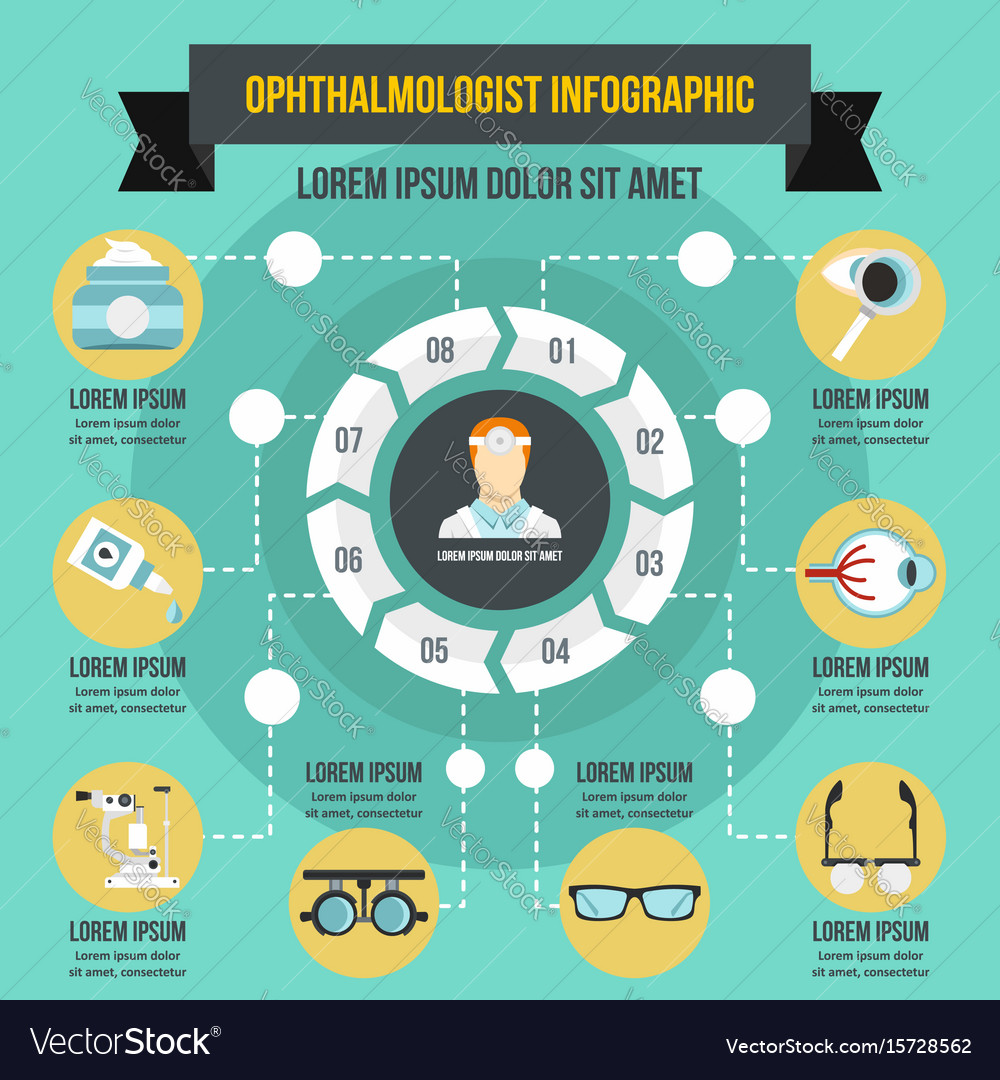Thinking Of SMILE Surgical Procedure? Examine Vital Aspects And Understandings That Can Empower You To Make An Enlightened Decision Concerning Your Sight'S Future
Thinking Of SMILE Surgical Procedure? Examine Vital Aspects And Understandings That Can Empower You To Make An Enlightened Decision Concerning Your Sight'S Future
Blog Article
Write-Up By-Banke Cooley
If you're considering SMILE eye surgery, contemplate this: are you prepared to embrace prospective aesthetic freedom, or does the idea of any kind of threats make you hesitate? Your decision will certainly rest on a mindful balance of evaluating the benefits versus the uncertainties. It's critical to delve much deeper right into the nuances of SMILE surgical treatment to make an educated option that straightens with your visual goals.
Recognizing SMILE Eye Surgical Treatment
When thinking about SMILE Eye Surgery, it is very important to recognize the procedure and its benefits. SMILE, which means Small Incision Lenticule Removal, is a minimally invasive laser eye surgical treatment that fixes typical vision issues like myopia (nearsightedness).
Throughout the procedure, your eye specialist will certainly utilize a femtosecond laser to produce a little cut in your cornea. Via this incision, a little disc of tissue called a lenticule is eliminated, reshaping the cornea and remedying your vision.
Among the crucial advantages of SMILE Eye Surgical procedure is its quick healing time. Several people experience improved vision within a day or 2 after the procedure, with marginal pain.
In addition, SMILE is known for its high success price in supplying long-term vision modification. Unlike LASIK, SMILE does not call for the production of a flap in the cornea, decreasing the risk of difficulties and enabling an extra secure corneal structure post-surgery.
Recognizing Cataract Surgery Side Effects Raleigh and its benefits is critical when thinking about SMILE Eye Surgical treatment for vision modification.
Advantages and disadvantages of SMILE
Considering SMILE Eye Surgical treatment for vision adjustment comes with different benefits and possible downsides.
Among the primary pros of SMILE is its minimally intrusive nature, as it involves a little laceration and normally leads to fast healing times. The treatment is also recognized for triggering very little pain and completely dry eye symptoms post-surgery contrasted to other vision adjustment approaches. Furthermore, SMILE has been revealed to offer outstanding aesthetic end results, with many individuals attaining 20/20 vision or far better.
On the other hand, a potential disadvantage of SMILE is that it might not be suitable for individuals with serious refractive mistakes, as the treatment variety is rather minimal contrasted to LASIK. One more factor to consider is that the knowing curve for doctors carrying out SMILE can impact the availability of knowledgeable carriers in particular locations.
It is necessary to consider these advantages and disadvantages meticulously when choosing if SMILE is the best choice for your vision improvement needs.
Establishing Qualification for SMILE
To figure out if you're qualified for SMILE eye surgical treatment, your optometrist will perform a complete analysis of your eye wellness and vision needs. During this analysis, elements such as the stability of your vision prescription, the density of your cornea, and the general health of your eyes will be evaluated.
Generally, https://www.marketwatch.com/story/does-medicare-cover-cataract-surgery-01608297518 for SMILE more than 22 years old, have a stable vision prescription for at the very least a year, and have healthy and balanced corneas without conditions like keratoconus.
Your optometrist will likewise consider your general eye health, any kind of existing eye problems, and your way of life needs to establish if SMILE is the appropriate selection for you. It's essential to interact any certain visual demands or issues you might have throughout this evaluation to guarantee that the treatment aligns with your expectations.
If you aren't eligible for SMILE, your eye doctor may recommend alternative vision improvement options that much better match your individual needs and eye wellness condition.
Conclusion
Eventually, choosing whether SMILE eye surgical treatment is right for you requires mindful factor to consider of your private eye health and visual needs. Seek advice from your optometrist to determine your qualification for the procedure and consider the prospective benefits and downsides. Remember to communicate any type of concerns or inquiries you may have throughout the analysis procedure to make an educated decision concerning your vision adjustment alternatives.
